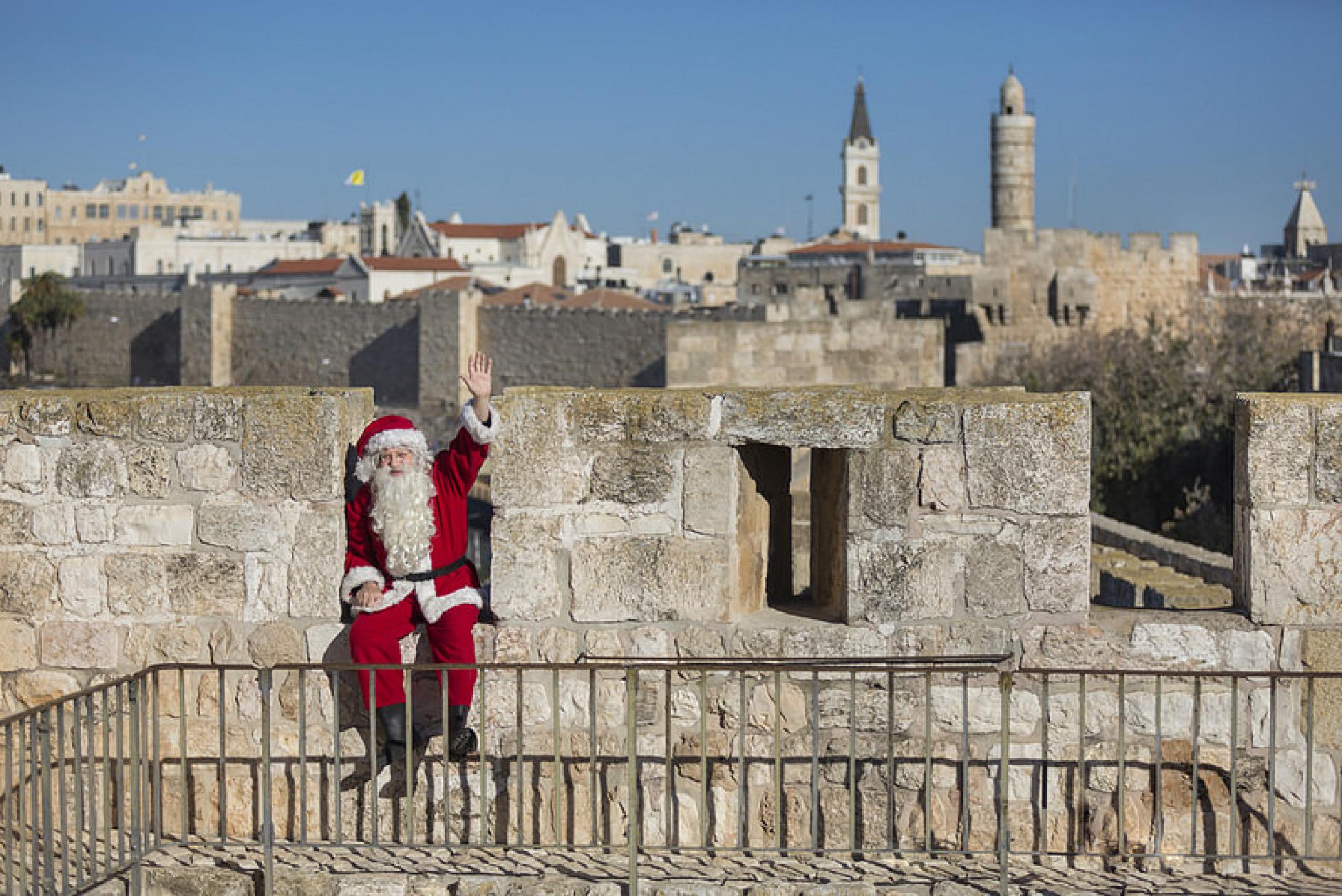As the holidays approach and the fiscal year draws to an end, it’s a natural time to think about how we can support our global community. But with thousands of charities to choose from, how do you select a reputable organization to donate your time or money to?
It’s not an easy question, which is why we called in the experts: Nick Beardsley is the Project Advisor for Gapforce, a provider of structured gap years and summer abroad programs; Justine Abigail Yu is the Communications and Marketing Director for Operation Groundswell, a non-profit that facilitates service-learning experiences; and Kimberly Haley-Coleman is Founder and Executive Director of Globe Aware, a charitable organization that mobilizes small groups of volunteers to promote cultural awareness around the world.
Nick, Justine and Kimberly shared with us how they believe we can be effective global citizens this holiday season:
Why do think it’s important to reflect on global citizenship during the holiday season?
Nick Beardsley, Project Advisor for Gapforce: It should be important at all times to both pursue and reflect on global citizenship in one way or another. What the holiday season does is offer us the opportunity to think about others at a time that is infamous for being selfless. It is a time to remember those less fortunate than ourselves. It is the perfect time to transcend geographic, political, and cultural boundaries and recognize oneself as a citizen of the global community.
Each year, the popularity of “charitable giving” instead of “gift giving” increases. What are your recommendations for choosing a charitable organization to support?
Nick: You should choose an organization that means something to you. It may be that you have a personal connection to the cause or it may be that the organization has simply touched you in some way. Choose with your heart.
Kimberly Haley-Coleman, Founder and Executive Director of Globe Aware: Start with what you know. If you belong to a trusted community centre, school, animal shelter or faith-based organization, this is a wonderful place to start.
If you are just now setting out to find an organization, know that this takes time. Ask friends and family whom they support and why. Make a list of what world issues most concern you and which entities seem to do a good job of addressing those issues. Look at the publically listed financials to get a better understanding of how the organizations spend their revenues. Don’t hesitate to call the organizations to find out more about them. If you aren’t ready to make a financial contribution, see if you can volunteer with the organization to get a better feel for how they operate.
Justine Abigail Yu, Communications and Marketing Director for Operation Groundswell: Really do your research here and look at the actual impacts of the organization. First of all, does this organization’s values align with your own? Are they addressing the problem they set out to solve? Do they show evidence that demonstrates that their approach is effective? How do they measure their progress? Does the charity receive feedback from the people it intends to serve and are they using that feedback to improve their programs?
I know that it’s fashionable to assess an organization by looking at how much of donors’ dollars are being put towards overhead as an indicator of efficiency and legitimacy. The thinking here is that the lower the percentage that’s going to things like administrative costs, the more effective an organization is. But that’s not necessarily the case. I would challenge people to look deeper than that and ask harder questions. Although keeping a low overhead may be important, the bottom line is that we all want to support organizations are actually solving the social problems that will change our world.
For those who are going away for the holidays, how can they turn their vacation into travel "with purpose"?
Nick: My suggestion is to learn about local traditions and join in. It could become a new tradition that you practice even when you return home.
Kimberly: Picking an eco-conscious hotel, bringing needed donations to a community that has requested them, steering clear of handing out candy and money (which only builds dependency), reaching out to connect with locals in a non-consumer fashion (attend a local faith service or eat a meal with a family) and, of course, volunteering.
Justine: Wherever you’re going this holiday season, take the time to find opportunities that get you off the beaten path to really connect with the local culture and people. Try local delicacies that you’ve never heard of and learn the local language—that genuine attempt at connection builds cultural competency and empathy. And if you want to get your hands a little dirtier, look for opportunities that combine responsible volunteering with cross-cultural dialogue and critical learning.
What are your favourite gift ideas for travellers and global citizens?
Kimberly: Take the time to experience a new culture with a friend or family member while volunteering abroad—this is a bucket list item I hope everyone gets the chance to experience in his or her lifetime. Or, for an easy and incredibly practical gift, I love the luggage scales you can get for less than $10. Highly compressible extra bags, gift cards for phone apps (with suggested list of latest travel apps), and travel guidebooks are awfully nice too.
Justine: Find something handmade and artisanal from a place that means something special to you or to the person you’re giving the gift to. There are a lot of really great cooperatives and organizations that sell their goods through direct trade and this is a really great way to support the local economy of another country.
For example, we all love coffee here at Operation Groundswell. One of our partners, De la Gente, is this awesome agricultural cooperative in Guatemala that creates direct connections with buyers and consumers to improve the livelihoods of the small-holder coffee farmers they work with. All profits generated from the sales of coffee go directly to these farmers. It takes a little bit more research and thought to find these gifts, but it’s so worth it.
Want to take part in the conversation and ask our experts for more advice? Join Verge Magazine, Go Global Expo and HI Boston for “The Festive Traveller” Twitter chat on Wednesday, December 3rd. Log on at 3:30 PM EST and look for the hashtag #travelwith purpose.





